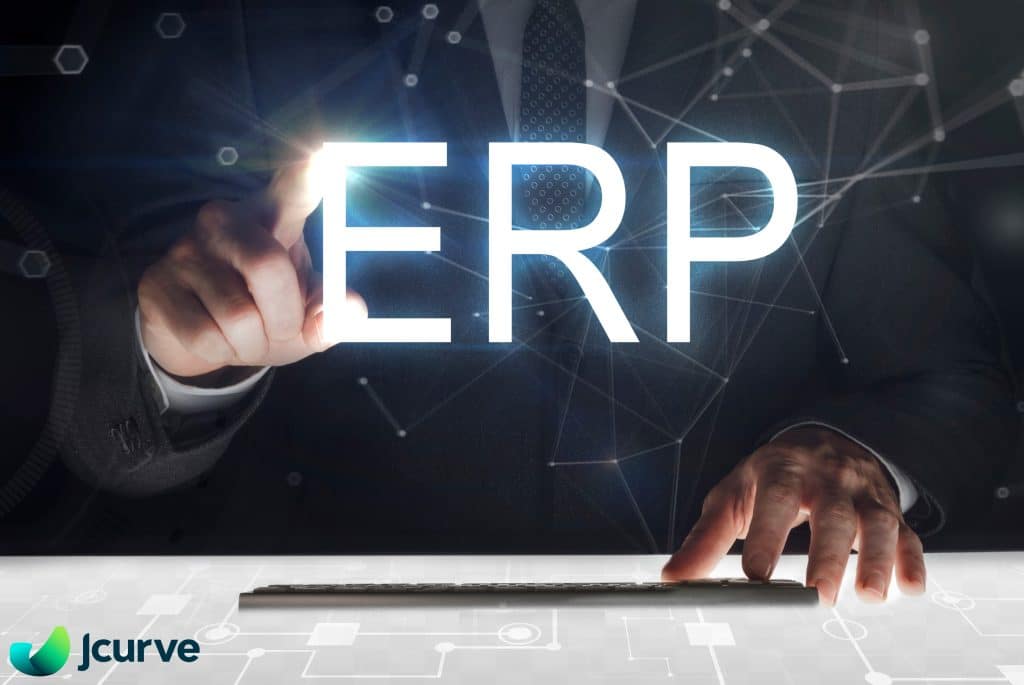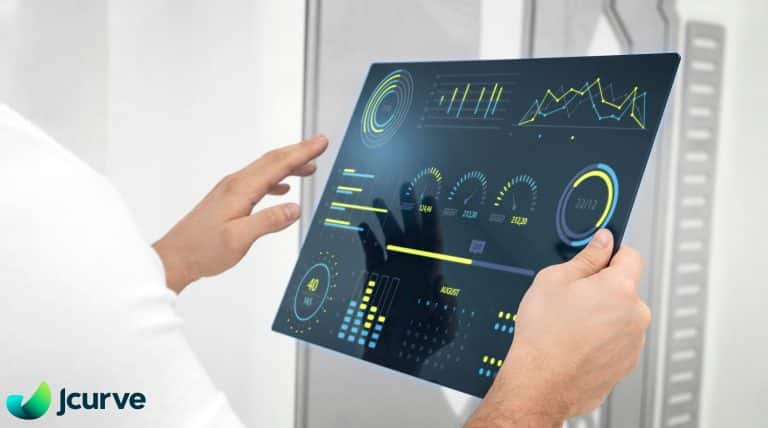“Knowledge is power”, translated from the original Latin phrase “scientia potentia est”, is a phrase most of us have heard before, commonly attributed to Sir Francis Bacon. No, he’s no relation to Kevin. Francis was an English philosopher, statesman, scientist, jurist, orator, and author, born in the sixteenth century. Little did Francis know that his phrase would still be in use approximately four hundred years later – and also be the perfect way of describing some of the benefits of ERP software.
For businesses In the twenty-first century, knowledge truly is power. Modern companies are turning to ERP business management software which to deliver the knowledge, visibility, and control that’s needed to run a company efficiently and successfully.
ERP software was once confined to running on expensive on-premise servers or being accessible only within the office or by complex VPN setups. But this is no longer the case. Cloud ERP implementation has been gaining serious momentum in recent years – and it’s obvious why. Cloud ERP is made to empower users with real-time visibility and control, simply and effectively, wherever they are.
What is ERP system software?
We have a full article on exactly this: What is Cloud ERP Software and What Are the Benefits? but let’s start with a brief explanation. Think of all the business processes that happen across your company including finance and accounting, inventory management, purchasing, sales and marketing, Customer Relationship Management (CRM), and more. An ERP system integrates all core business functions and brings them under the one system. This gives you a single source of information and one application which each part of the business can use.
ERP (Enterprise Resource Planning) software was once the domain of enterprise-level organisations. But cloud software delivery has made ERP accessible for businesses of all sizes. With cloud ERP implementation, functionality and price points have been able to match the business requirements of SMBs, right through to larger organisations.
So, how can cloud ERP software empower companies with the real-time, easily-accessible knowledge they need to stay competitive? Live dashboards provide a perfect answer to this. Here’s how to be in the know and stay in control by using real-time business dashboards.
“ERP (Enterprise Resource Planning) software was once the domain of enterprise-level organisations. But cloud software delivery has made ERP accessible for businesses of all sizes.”
What’s a business dashboard?


Key Performance Indicators on the dashboard can be drilled into, giving you more detailed data that sits behind each indicator. You can see granular data, right down to individual transactions. Dashboards are a powerful way to quickly see high-level performance data with the flexibility to see detailed information when needed.
The dashboard’s data visualisation capability simplifies data sets and delivers the business performance information that you need to see, all at a glance.
“The dashboard’s data visualisation capability simplifies data sets and delivers the business performance information that you need to see, all at a glance.”
More on metrics & scorecards
Some of the dashboard metrics and scorecards that can make life a whole lot easier for your team include:
Sales metrics
Get across your team’s sales activity with information on new leads, open prospects, sales orders, new customers, sales performance by rep with achievement against targets, and more.
Financial metrics
See billing & financial metrics such as DSO (Day’s Sales Outstanding), COGS (Cost of Goods Sold), average deal size, gross margin, profit, and more.
Customer related metrics
Understand your customer support performance including response time and tickets closed, first contact resolution rates, escalations, and support rep performance.
Warehouse performance metrics
Know your warehouse performance at a glance with data that includes orders outstanding, backorders, orders to pick, receipting performance, supplier performance with the percentage of on-time deliveries, and more.
How can you control the visibility of business dashboard data?


Having live data at your fingertips is impressive. But you may not want the same data available to everyone in the business. Luckily, most cloud ERP systems are role-based. They not only provide secure login access with advanced encryption technologies but are also able to restrict functionality and access to information based on a user’s role.
It’s easy to get started with default roles that are built on common business requirements or create custom roles to support your specific business processes. Different roles have access to only the information they need as part of their role.
Users can also have tailored dashboards to show the role-specific data they need to make agile decisions within their parts of the business. With role-based dashboards, it’s easy to maintain control over who sees what information about the business.
“With role-based dashboards, it’s easy to maintain control over who sees what information about the business.”
Maintaining visibility on-the-go


Android and iOS native apps provide a convenient way to see dashboard data and business performance metrics for the user’s role. Native apps are designed to make it quick and efficient to understand your real-time business position.
Being empowered with information that’s always at your fingertips means being able to make agile decisions, the moment you need to.
Knowledge is power
Knowledge really is power. And a cloud ERP system gives you the power to know your business position, in real-time, wherever you are. And business dashboards are just the start of the benefits of ERP software.
To gain better visibility into your entire operations, have end-to-end visibility in real-time and empower staff and business owners alike to make agile, impactful decisions, find out more about a cloud ERP solution.
Get in touch with a solution specialist at JCurve Solutions and make it happen.
JCurve Solutions are a cloud ERP solution provider, offering the #1 global cloud ERP software suite, NetSuite, an exclusive small business edition of NetSuite, JCurve ERP, and MYOB Advanced. For advice on the right solution for your business needs, talk to a solution specialist on 1800 528 783.
After more information on cloud ERP software vs on-premise options? Get the information you need with your free guide, The Real Costs of ERP: Cloud and On-Premise Compared.









